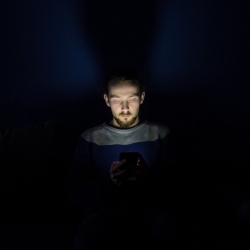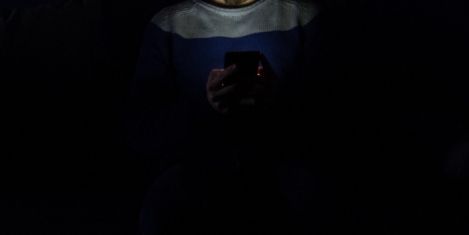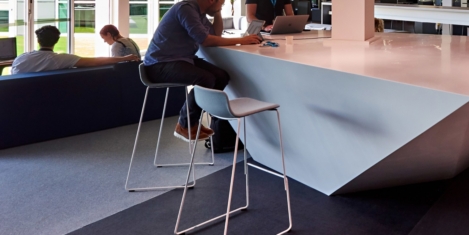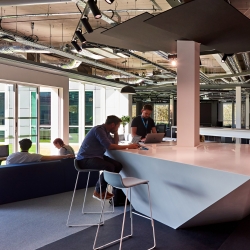To provide the best experiences, we use technologies like cookies to store and/or access device information. Consenting to these technologies will allow us to process data such as browsing behaviour or unique IDs on this site. Not consenting or withdrawing consent, may adversely affect certain features and functions.
The technical storage or access is strictly necessary for the legitimate purpose of enabling the use of a specific service explicitly requested by the subscriber or user, or for the sole purpose of carrying out the transmission of a communication over an electronic communications network.
The technical storage or access is necessary for the legitimate purpose of storing preferences that are not requested by the subscriber or user.
The technical storage or access that is used exclusively for statistical purposes.
The technical storage or access that is used exclusively for anonymous statistical purposes. Without a subpoena, voluntary compliance on the part of your Internet Service Provider, or additional records from a third party, information stored or retrieved for this purpose alone cannot usually be used to identify you.
The technical storage or access is required to create user profiles to send advertising, or to track the user on a website or across several websites for similar marketing purposes.
 A lack of balance through lockdown has been felt most dramatically by Brits living in house shares according to new research released by Microsoft Windows. The research claims that over 40 percent of people living with house mates, friends or professionals are finding it increasingly difficult to destress and unwind after a long and challenging day; while a further 1 in 5 of the UK population admit that work and play has become blurred in 2020. More →
A lack of balance through lockdown has been felt most dramatically by Brits living in house shares according to new research released by Microsoft Windows. The research claims that over 40 percent of people living with house mates, friends or professionals are finding it increasingly difficult to destress and unwind after a long and challenging day; while a further 1 in 5 of the UK population admit that work and play has become blurred in 2020. More →





 GlobalWebIndex (GWI), together with LinkedIn’s B2B Institute, has launched “
GlobalWebIndex (GWI), together with LinkedIn’s B2B Institute, has launched “

























November 10, 2020
What Carl Sagan could teach us about knowledge and information
by Mark Eltringham • Comment, Flexible working